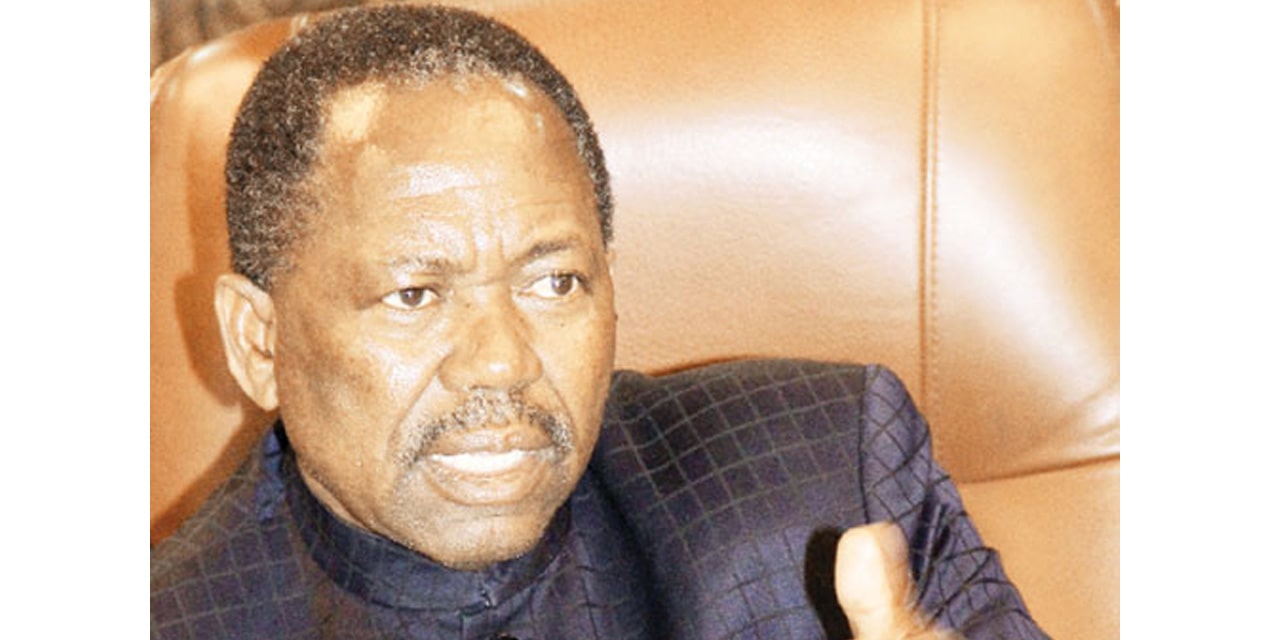Clifton Movirongo
Minister of Home Affairs, Immigration, Safety and Security, Frans Kapofi on Wednesday announced the re-opening of three border points with Botswana, namely the Trans-Kalahari, Ngoma and Mohembo posts.
“In terms of Regulations 8(3) (b) of the Public Health COVID-19 General Regulations: Public and Environmental Health Act 2015, I hereby designate the following ports of entry into and departure from Namibia, subject to applicable Health Regulations, effective immediately,” Kapofi said.
The move by the Home Affairs ministry comes after the Botswana Defence Force (BDF) killing of the three Namibian brothers, Tommy, Martin and Wamunyima Nchindo, along with another Zambian national in early November.
Quizzed on the decision behind the opening of borders posts, Kapofi said it was an “economic-wise choice as the two countries have a long standing relationship despite what has happened”.
He added the Trans-Kalahari Highway is a pertinent, as it links the port to Botswana, and the Gauteng province, which is a major economic hub for cargo and other goods imported into Namibia.
“The two countries are friendly countries as big communities of nationals from both countries can be identified as resident in each. These things happen (the killings). It is not that we like what happened but we have to live with it,” home affairs minister Kapofi told the Windhoek Observer.
He said the closing of borders does not provide a solution to disputes like what happened last month concerning the BDF fatal shootings of unarmed civilians.
“It is important for people to interact and our borders were closed because of COVID-19. We should not link things that are not supposed to linked,” Kapofi stated.
This comes as one of the demands from Anti-BDF protesters was that borders between the two countries should remain closed.
About 30 Namibians and at least 22 Zimbabweans have been killed extra judicially in state sponsored Botswana anti-poaching operations during the last 20 years, according to media reports.




